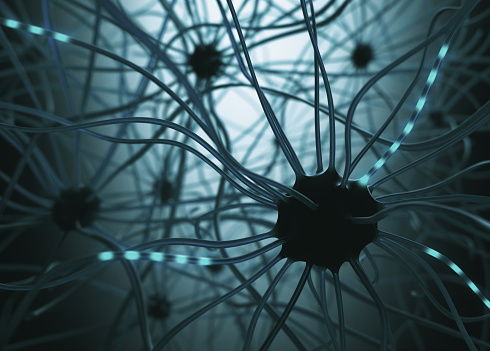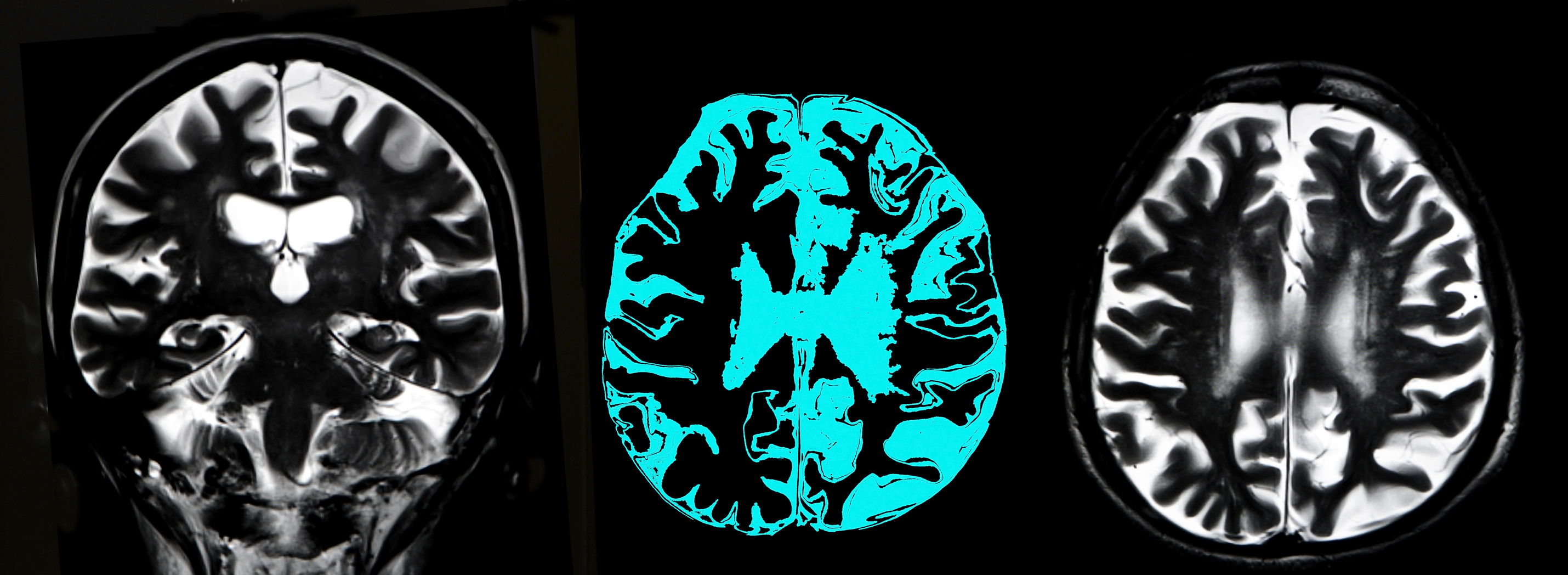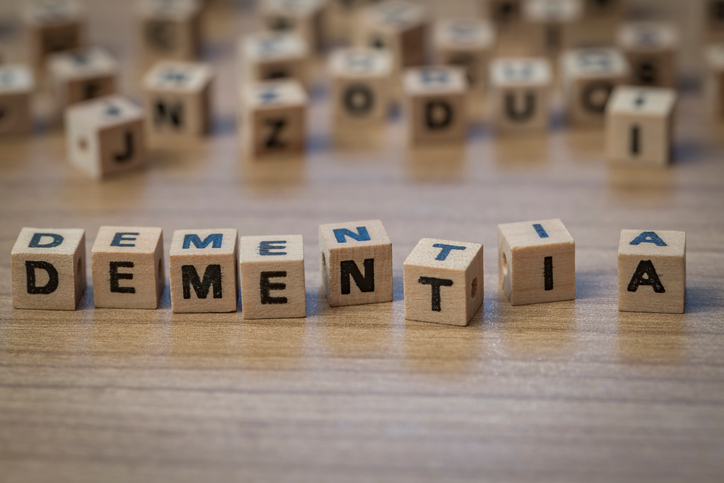Immune cell that may help fight Alzheimer’s, multiple sclerosis, and other neurological diseases found
An immune cell has been discovered that may help fight Alzheimer’s disease, multiple sclerosis, and other neurological conditions. Found in the meninges around the brain, this rare type of cell may play a critical role in battling numerous neurological diseases and supporting healthy mental functioning. If the power of this cell is harnessed, it could ...click here to read more














